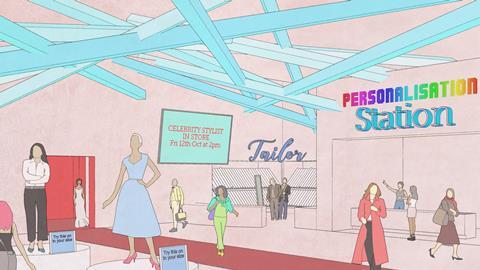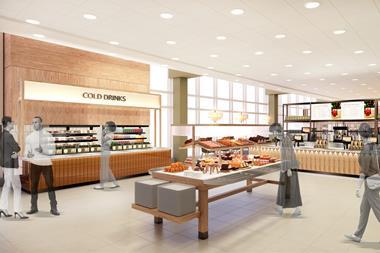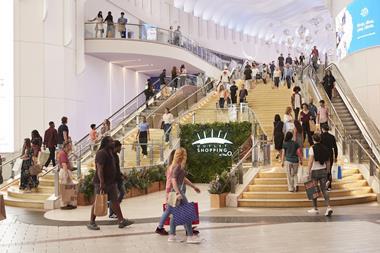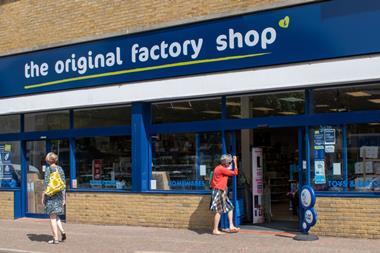Retail influencer Natalie Berg examines the rise of the experiential store and why customer experience is fast becoming the new currency in retail.
Despite the high-profile casualties we’ve seen on the high street, it’s clear that shoppers still crave the experience of visiting stores.
But the service they receive in store must surpass what they would find online. We’re currently in a moment of transition, where the physical store is shifting from transactional to experiential.
Store of the Future: The Experiential Store, the second in a series of three whitepapers from Red Ant and NBK Retail, explores how bricks-and- mortar retailers can ensure that customer experience is always front of mind by adopting an ‘admission fee’ mentality.
Kill the friction, not the experience
Today, there’s still a sense of novelty when shoppers encounter a frictionless store experience, but in the future, digitally enabled store experiences will become the norm.
The option to bypass the checkout, for example, will simply become an expectation. This will be ’basic hygiene’ that retailers must follow to remain relevant to their customers.
While it’s essential to invest in the right technology to facilitate a seamless in-store experience, retailers must also ensure ‘seamless’ doesn’t translate as ‘soulless’.
Retailers are experimenting with a plethora of technologies to enhance their environments and to finally bring the physical store into the 21st century. However, they must guarantee that it’s friction that they’re killing, and not the experience.
Democratising the white glove service
Just as the role of the store must evolve, so must the role of the store associate. They must be able to demonstrate genuine expertise, offering advice and personal recommendations to become a ‘trusted shopping companion’.
“29% of consumers said they would spend more money if a sales associate recommended something to complement their purchase”
In the future, what was once considered a VIP service will be democratised as more mainstream retailers recognise the benefits of providing concierge-level service.
John Lewis has already begun sending staff to theatrical training to improve customer experience, and the department store chain is also giving employees a voice by allowing them to directly engage on social media.
Retailers must aim to provide that white glove service because customer-led clienteling pays. Being able to provide a one-to-one, face-to-face personalised service has the power to increase sales and drive loyalty.
In our own OnePoll survey, 27% of consumers said that having an expert to talk to would make going into a shop worth their while.
And 29% of respondents agreed that they would spend more money if a sales associate recommended something to complement their purchase (based on what they had previously bought or had on their wish list).
The value of human interaction
At the end of the day, the most important rule in retail is being relevant to your customers.
Technology can help retailers augment the human touch, allowing them to adapt and thrive in the digital world. Today’s consumers may be hyper-informed and accustomed to shopping on their terms, but they still value human interaction – particularly when it comes to advice and inspiration.
“Employees are retailers’ most valuable resource”
With so much change afoot, it may be overwhelming for retailers to know where exactly to begin but they should start with their most valuable resource - their employees.
Retailers can democratise the VIP experience by equipping staff with the technology they need to offer specialist, personalised advice and information.
Consumers are no longer tolerant of mediocre service, so retailers must raise their game if they want to differentiate from online rivals and survive in this digital era. Clienteling and consultancy should not be beyond the reach of any retailer that wants to build an experience.
Download Store of the Future: The Experiential Store now to get the full picture and read more of Natalie Berg’s expert insights.
Natalie Berg is a retail analyst, author and founder at NBK Retail.

As one of Vend’s top 20 global retail influencers, Berg has produced research on a number of industry topics, including convergence of physical and digital retail, click-and-collect, customer loyalty, discount retailing, the store of the future and frictionless commerce.
She is a regular TV and radio commentator, and her views on retail have been published on the BBC and in the Financial Times, The Guardian, The Times and Retail Week among others. Berg’s latest book, about Amazon’s role in shaping the future of retail, was published by Kogan Page in January 2019.























